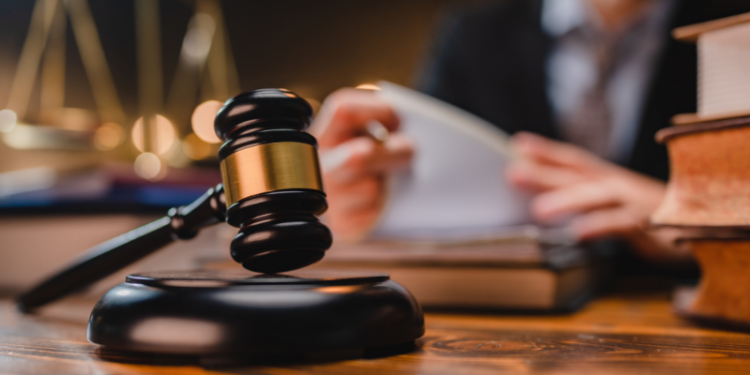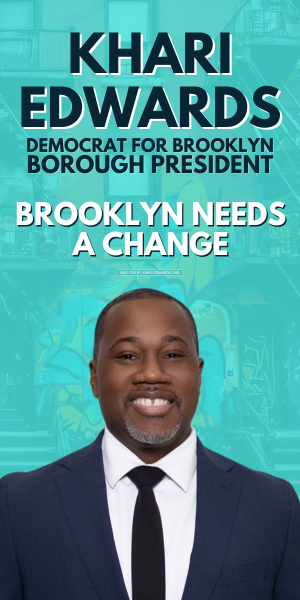On Friday, April 11th, a judge in Louisiana decided that Mahmoud Khalil, who is an activist supporting Palestine and a student at Columbia University, may be deported. This ruling came after the Trump administration claimed that Khalil’s activities could harm U. S. foreign policy.
Khalil, who holds a green card as a lawful permanent resident, was taken into custody in March after being arrested by U. S. Immigration and Customs Enforcement at his residence in Columbia. Secretary of State Marco Rubio stated in a memo to the court that Khalil’s participation in pro-Palestinian demonstrations, which he labeled as “antisemitic,” created an unsafe atmosphere for Jewish students and threatened U. S. foreign policy objectives.
Judge Jamee Comans decided that Khalil’s deportation could move forward based on Rubio’s memo, which asserted Khalil’s presence was detrimental to foreign relations. Khalil’s defense team provided evidence that contradicted the government’s assertions, including interviews where Khalil expressed opposition to antisemitism; however, the judge did not consider this evidence. Instead, she focused on the powers given to the Secretary of State by U. S. law.
After the hearing, Khalil, who is expecting a child with his U. S. citizen spouse, voiced his disappointment with the legal process. He recalled previous remarks regarding the significance of due process, stating, “Clearly what we witnessed today, neither of these principles were present today or in this whole process.”
Khalil’s lawyers intend to challenge the ruling and are requesting a postponement of his deportation. They believe this decision reflects a larger trend to limit free speech, with one of Khalil’s attorneys, Marc Van Der Hout, noting, “If Mahmoud can be targeted in this way, simply for speaking out for Palestinians and exercising his constitutionally protected right to free speech, this can happen to anyone over any issue the Trump administration dislikes.”
This decision is part of a larger conversation about how immigration laws interact with political expression. Khalil is still held at the Jena/LaSalle Detention Facility, and his legal representatives have until April 23rd to submit a petition to stop his deportation. If they do not act, Khalil may be sent back to either Syria or Algeria.










